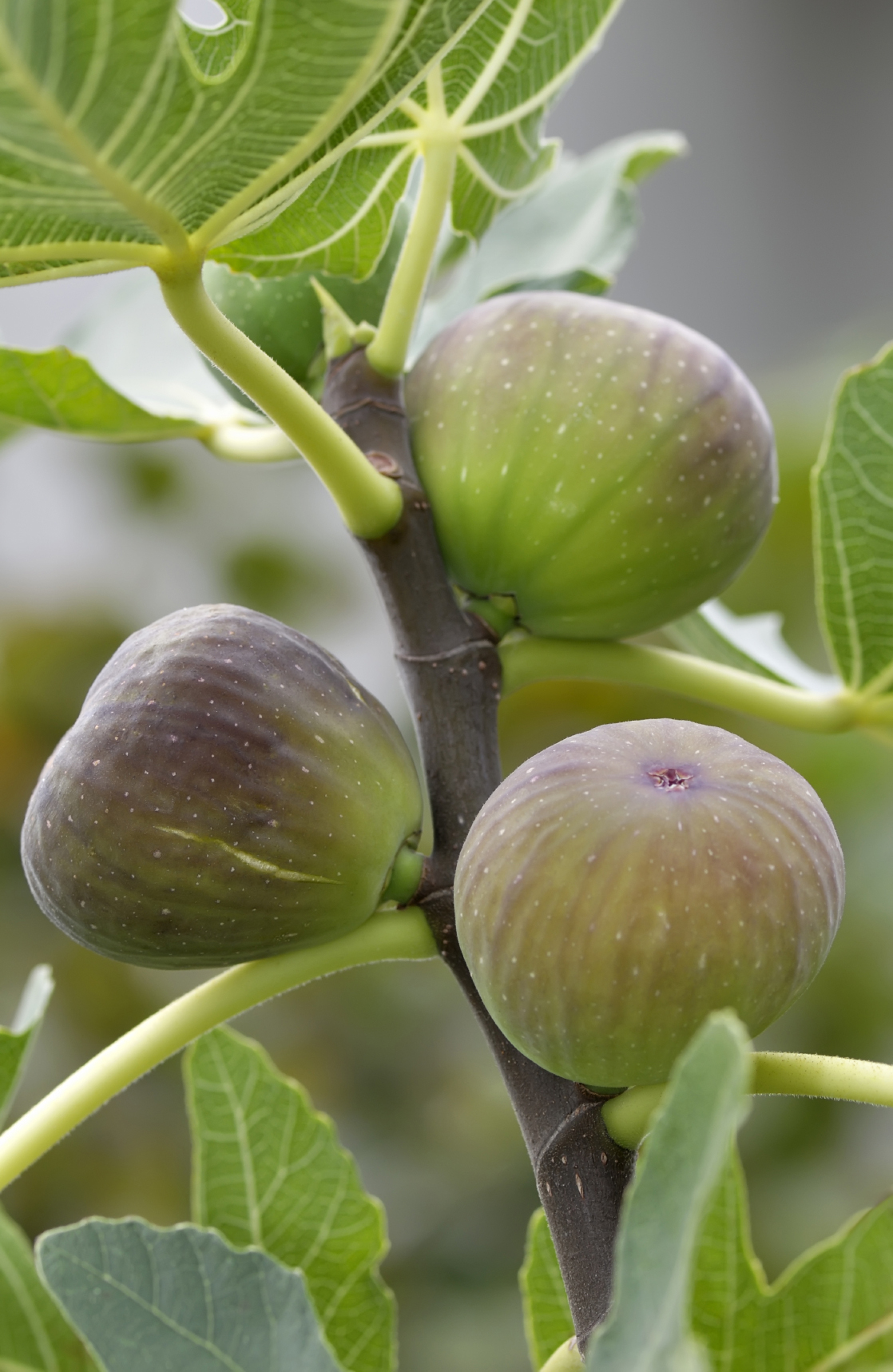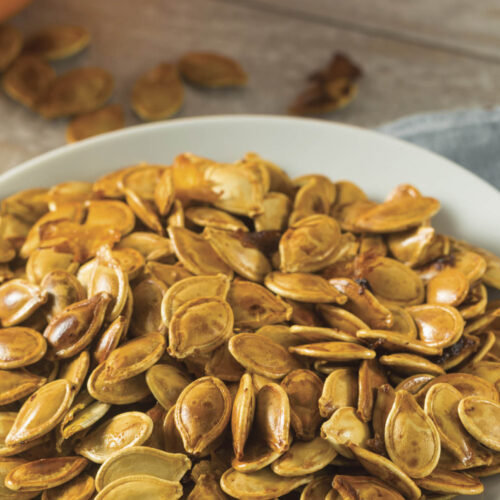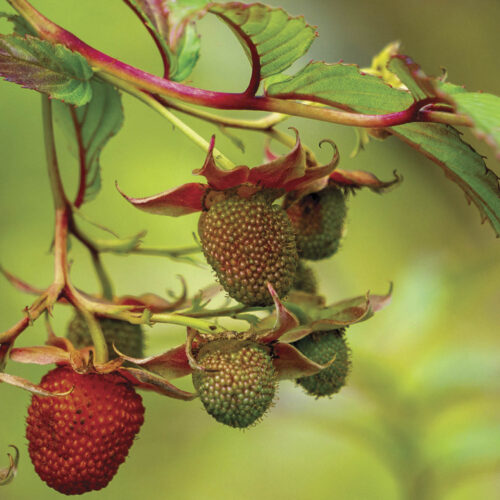Organics under the spotlight
2010-11-08T10:30:59+11:00
Why is organics guilty until proven innocent? Why does it have to prove itself and not the non-organic farmers?
The new website from Biological Farmers of Australia (www.bfa.com.au) mentioned by Simon Webster in his blog here recently, is very timely.
They have some wonderful resources there explaining the benefits of organics and helping people understand more deeply the issues and costs involved in growing and selling organic food. That is more than can be said for the recent Insight program on SBS (Oct 12) that focussed on organic food and ‘whether it was worth the cost’ (http://news.sbs.com.au/insight/episode/index/id/322#watchonline). I’m not a fan of open forum type shows such as Insight, where a lot of people get a very short amount of time to put myriad opinions forward. At the end of the show I was immensely frustrated that many of the reasons for growing and buying organic food were not even covered. Also, that the two major certifying bodies in Australia were not represented in the debate.
Then last week the Sydney Morning Herald ran a series on organics, covering similar ground. I appreciate organics getting good scrutiny to keep everyone honest and on their toes, but this series, like Insight, started with the premise that organics should prove that it is worth it, not shonky, better for the environment, and so on – not the other way around. Why not have non-organic farmers on there justifying farming that for the most part has been mining our soils for decades and relying on artificial inputs to grow food?
Ironically, SBS also has a blog by Carli Ratcliff defending organics and criticising the poorly presented arguments of the media when tackling organics. Ratcliff says: “I thought (hoped) we had accepted that organics makes sense when and wherever possible.”
She also makes an interesting reference to a New York debate on organics. Read her blog at http://www.sbs.com.au/blogarticle/118072/Organic-Fruit-and-Veg-Why-Bother/blog/Hunter-Gatherer
If you can’t do that, but need more convincing of organic benefits, the BFA website has a whole section which I’ve summarised:
• Health – organic food is more nutritionally dense and has no toxic chemical residues.
• Animal welfare – under organic standards, animals including poultry, pigs, sheep and cattle are allowed to live, grow and breed naturally.
• The environment – food is produced sustainably without chemical pesticides or fertilisers.
• No GMOs – Genetically Modified Organisms are prohibited under organic production rules.
• Food Integrity – Organic farms and food are checked and tracked by registered organic certification bodies.
• Taste – well produced organic food is likely to be richer in flavour and nutrients.
And health not only means the consumer’s health, it means the health of farmers who when switching to organic production, leave behind the dangers of handling and spraying toxic chemicals. Although some organic retailers do charge too much for products (as do some non-organic sellers), it’s important to remember that farmers need to be paid for the work and effort put in. Often non-organic producers are being squeezed by supermarkets to produce food as cheaply as possible which in turn leads to damaged and stressed soils, not to mention stressed farmers.






